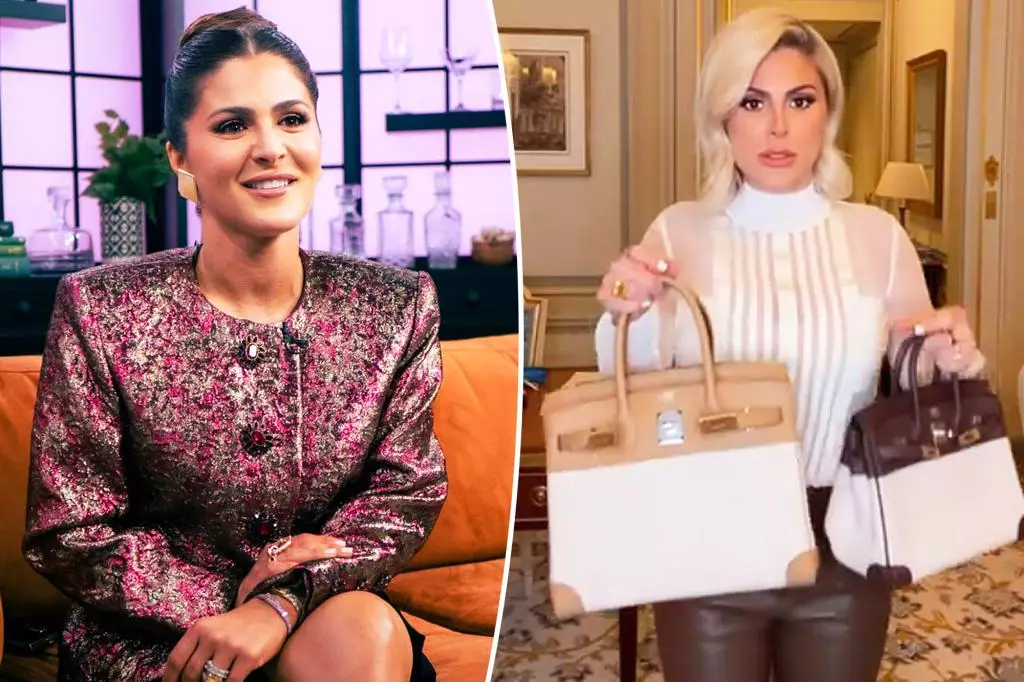In a culture obsessed with material success, Stephanie Shojaee’s unapologetic pride in her lavish Birkin collection challenges traditional views on luxury consumption. Her willingness to openly flaunt over a million dollars spent on handbags questions the stereotype that such displays are shallow or vain. Instead, her perspective introduces a nuanced understanding: luxury possessions can be personal investments, symbols of ambition, and expressions of identity. By emphasizing her relationship with Hermès stores worldwide, Shojaee reveals that her collection is not merely about status, but about cultivating genuine connections and experiencing the brand firsthand. Her approach dismantles the idea that high-end collectibles are purely transactional; they are, for her, carefully curated symbols of her success and personal taste.
Reframing the Concept of Value and Dedication
Shojaee’s claims about purchasing exclusively directly from Hermès stores rather than secondhand markets underscore her dedication to authenticity and integrity. Her relationships across different international Hermès boutiques reflect a strategic and deliberate effort to invest in her passion without compromising values. The careful, incremental accumulation of her collection exemplifies a commitment that far exceeds impulsive buying—these are deliberate acts of devotion. Her collection’s worth isn’t just monetary; it represents perseverance and a deep connection with a brand that embodies exclusivity and craftsmanship. Her refusal to allow others to touch or even breathe near her Birkins highlights a protective, almost reverent, approach to her possessions—viewing them as personal treasures rather than social accessories.
Challenging Shallow Stereotypes in Wealth Displays
When critics suggest that her extravagant collection signals superficiality, Shojaee counters with a compelling argument about societal double standards. She points out the prevalent acceptance of other affluent pursuits, like car or art collections, which often receive admiration and respect. Her stance questions why women’s investments in fashion are scrutinized more harshly than those of men in similar or even more costly endeavors. Her perspective sheds light on the gendered expectations surrounding wealth and possessions, emphasizing that spending on what one loves—whether cars or handbags—should be respected as a form of personal fulfillment. Shojaee boldly advocates for the notion that valuing one’s passions is neither shallow nor frivolous but a legitimate form of self-expression and personal growth.
The True Power of Authentic Passion
Ultimately, Shojaee’s narrative emphasizes that passion, not societal judgment, should guide one’s choices in luxury. Her unapologetic stance signifies a broader message: that owning expensive, high-quality possessions can be a reflection of dedication, taste, and a pursuit of happiness. Her story inspires a reevaluation of how society perceives wealth and personal investment—prompting us to see beyond superficial judgments and reframe such displays as meaningful expressions of personality. Her confident assertion that she “feels good” about her collection invites others to embrace their own passions without shame, redefining the language around luxury from elitism to empowerment.

